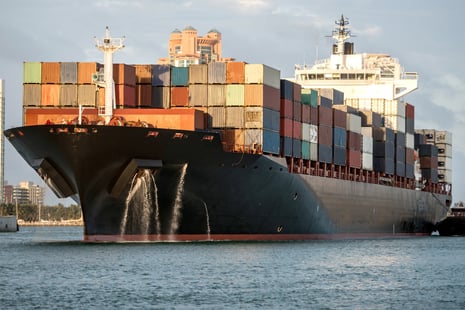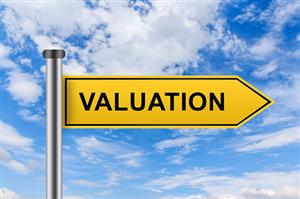
The marine industry has somewhat unique traits when it comes to the vessels operating within it. Like aircraft, both commercial and personal vessels have strict regulations regarding keeping them seaworthy and, in turn, marketable. Two distinct reports are often involved in this process: a certified marine survey and an accredited market valuation. While both involve evaluating a vessel, they serve different purposes and require distinct expertise.
Marine Surveys: A Deep Dive into Condition and Safety
A marine survey is a detailed inspection of a vessel’s specifications, condition, structure, and systems. A certified marine surveyor typically performs it and is an essential requirement for several reasons. The Coast Guard performs regular inspections and issues a Certificate of Inspection (COI) for working vessels. The minimum requirement is that a current survey be completed at least once every five years and, in many cases, more frequently.
If you are considering buying or selling a marine vessel, ask for the current survey and COI. A copy of the survey and COI is also required for securing property and liability insurance and obtaining bank financing.
In summary, surveyors inspect everything from the hull and electrical systems to the propulsion and safety equipment. The goal is to determine seaworthiness, identify necessary repairs, and ensure compliance with maritime regulations. The surveyor will generally not estimate value as part of the survey. If they are asked to provide an estimate, they should do so outside of the specific survey report, and their opinion of value may not be supportable for these purposes unless they are also accredited appraisers.
Marine Appraisals: Determining Market Value
A marine appraisal, on the other hand, is more focused on estimating a vessel’s monetary value. The valuation professional should have experience as an accredited or certified expert with credentials different from that of a surveyor. The American Society of Appraisers (ASA) is a reputable organization offering specialty training in marine valuation.
As part of the appraiser’s data requests, they will ask the owner for a current survey, which will assist them in better understanding the specifications and condition of the vessel. They will then complete their analysis relying on factors such as market demand, comparable sales, replacement cost new, chronological and effective age as well as average annual market depreciation.
Marine appraisals are commonly used for the same reasons as surveys, as well as for other purposes such as estate settlements, business disputes, divorce proceedings, tax, accounting, and financing decisions.
In short, get a survey if you need to know if a boat is safe and functional. If you need to determine its market worth, obtain an appraisal. Both services are crucial in their own right and can help vessel owners make informed decisions.




